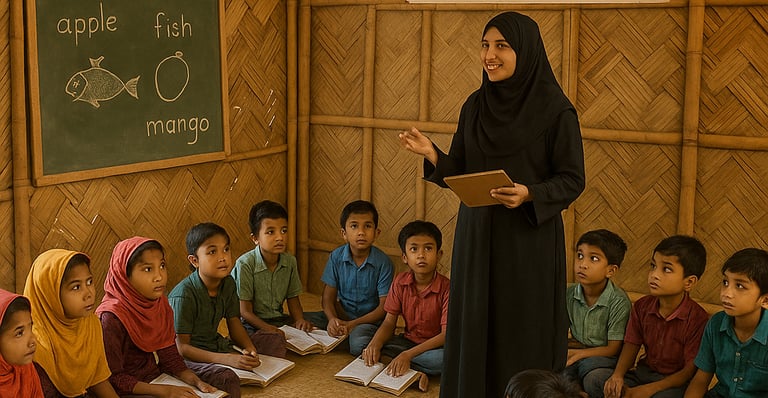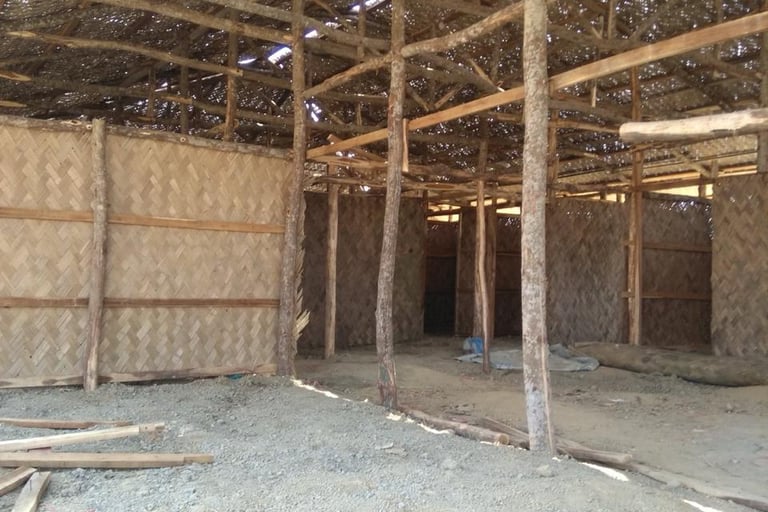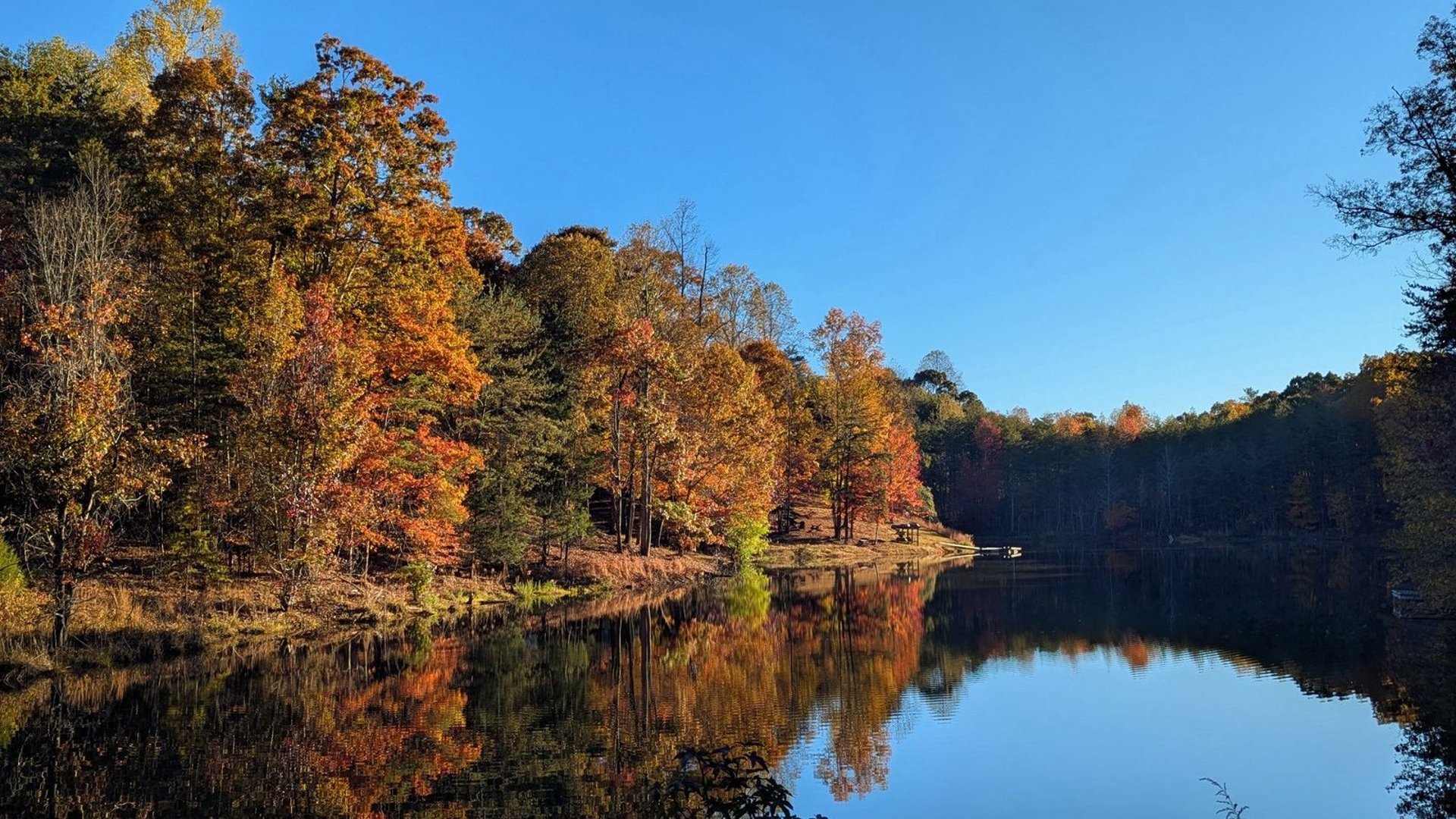“Where Makarios Begins: A Baker’s Journey from Sand to Soul”
From sunlit shores to forgotten camps, one baker reflects on what true blessing- and the Greek word Makarios means in a world divided by peace and poverty, in light of Christ’s words.
DAILY REFLECTIONS
Wandering Armenian
6/26/20254 min read


“Where Makarios Begins: A Baker’s Journey from Sand to Soul”
Imagine standing barefoot on an island of white sand. The ocean glimmers with clarity, the warm sun kisses your back, and the breeze hums lullabies of peace. Everything feels complete—no rush, no hunger, no ache. You exhale, feeling the fullness of life, the kind that touches your soul. This is how the world often pictures blessing—comfort, abundance, serenity.
Now shift scenes!!!
A few hundred miles east, in the craggy terrain of Ukhia, Nayapara and Kutupalong, in Cox’s Bazar -Bangladesh, one of the largest refugee settlements in the world, that I have seen or worked at; and I believe struggles beneath tarpaulin roofs and dusty winds. The area is prone to sever landslides during the monsoons as the soil is dry sand soil that gets easy washed away when the skies above decide to pour out their wrath. And what broke my heart was the Children play near sewage drains. The smell of survival is pungent. Hunger gnaws through dignity. Peace is a stranger. This place, surely, is the opposite of blessing—so it seems.
I remember walking these camps not as a tourist but as a humanitarian aid worker with the heart of a baker, carrying within a soul kneading dough and questions. What is ‘Makarios,’ that ancient word Jesus used in Matthew 5:3—"Blessed are the poor in spirit, for theirs is the kingdom of heaven"? Something that I was still pondering upon from my morning quite times, which got carries along with into the day.
I just wondered and asked kept asking myself, could such a word find its way into this wasteland?
And guess what as I silently strolled around the camp in Nayapara, I met this young Rohingya woman Rukhsana, barely thirty, face sun-wrinkled by hardship, hands scarred by escape. She served at one of the NFE centres (non-formal education) in the camp that was manages by one of the humanitarian agencies. She taught her children alphabets traced in the sand and whispered prayers in the dark. I decided to stop and observe her as well as the little kids. After much curiosity and hesitation within I struck a conversation with her, inquiring about her and her family and sadly learnt that she was the sole survivor of a deadly massacre that had occurred just a few weeks ago in the Rakhine State and one could read between the lines spoken that all was still fresh in the mind. As I always carried by water and a small flask with some coffee (something always suggested to us deployed to the field), so I offered her some Masala chai and a slice of home baked bread. When I gave her bread, she smiled, but not because of the bread. Her smile came from something deeper faith without bitterness. Hope without evidence. A joy unspeakable. This I realized later in our conversations.
“I thank my God,” she said softly, “even here.” And I saw it: Makarios.
That is when I understood that Jesus did not define blessing as tropical ease or prosperity. He called blessed those who had nothing—but clung to Him. To be poor in spirit is to stand empty-handed before God, unarmed by merit or pride. It is to hunger for bread you cannot buy and yet trust that heaven has already come near.
As a baker from within, I always thought blessing was in the perfect rise, the golden crust, the shared feast. But among these bamboo huts covered with tarpaulin and inhabitants with wounds, I saw how bread can be broken, not only to fill stomachs but to tell stories. For me personally the story of a King who left heaven’s shores for our shanty towns, who was crushed like wheat so we may be lifted like dough.
In Jesus, Makarios begins. It is not defined by what we have, but by who holds us. It is the presence of God in the absence of everything else.
It was already late afternoon , I never realized how time just whistled off in the warm summer air of the camp and it was time for me to leave, as I had to walk another furlong or so to the spot where I could catch a local transport – the Jugad , a self-renovated jeep or matador that would take me back to my base office in Cox’s Bazar. And as I walked down the dusty, sandy dirt road, with some sand popping into my shoes making my walk a bit uncomfortable that old hymn by Augustus M Toplady came alive in me:
"Nothing in my hand I bring, simply to the cross I cling."
And I realised there, in a place of want, I found the fullness of soul. Not because of what I baked, but because of who He is.
I guess I could very comfortably sum up my trip to the camp and my morning time thoughts with these lines.
I came with flour, left with grace,
In tents of loss, I saw His face.
Not Island sun nor wealth I crave,
But Christ who walks where souls are brave.


NFE Center under construction

